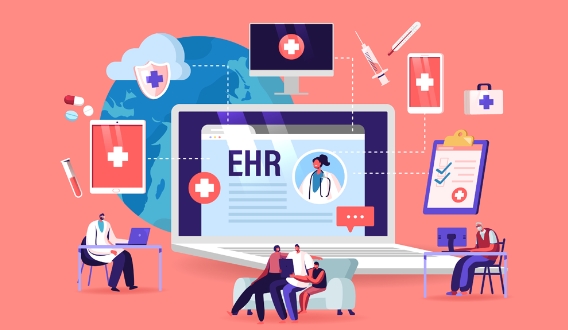In recent years, Electronic Health Record (EHR) systems have been revolutionizing patient care. These digital tools have the potential to transform healthcare delivery by improving communication, efficiency, and overall quality of care.
Improved Communication and Coordination
EHR systems allow for seamless communication between healthcare providers, reducing the likelihood of errors and improving the coordination of patient care. Physicians can easily access a patient’s medical history, lab results, and medication list, leading to more informed decision-making and better outcomes.
Efficiency and Time-Saving Benefits
Gone are the days of sifting through paper charts and manually entering data. EHR systems streamline the documentation process, saving time for both healthcare providers and patients. With automated reminders and alerts, providers can stay on top of preventive care measures and ensure timely follow-ups.
Enhanced Quality of Care
Having access to a patient’s complete medical history at their fingertips allows healthcare providers to deliver more personalized and effective treatment plans. EHR systems also enable data-driven decision-making, leading to better outcomes and higher patient satisfaction.
Challenges and Opportunities Ahead
While EHR systems have numerous benefits, challenges still exist in terms of interoperability, data security, and user adoption. However, advances in technology and increased collaboration among healthcare stakeholders are paving the way for a more connected and efficient healthcare ecosystem.
The Future of Healthcare
As we move towards an increasingly digital healthcare landscape, EHR systems will continue to play a vital role in improving patient care. By harnessing the power of data and technology, healthcare providers can deliver more personalized, efficient, and effective care to patients around the world. The future of healthcare is here, and EHR systems are leading the way towards a brighter, healthier tomorrow.

